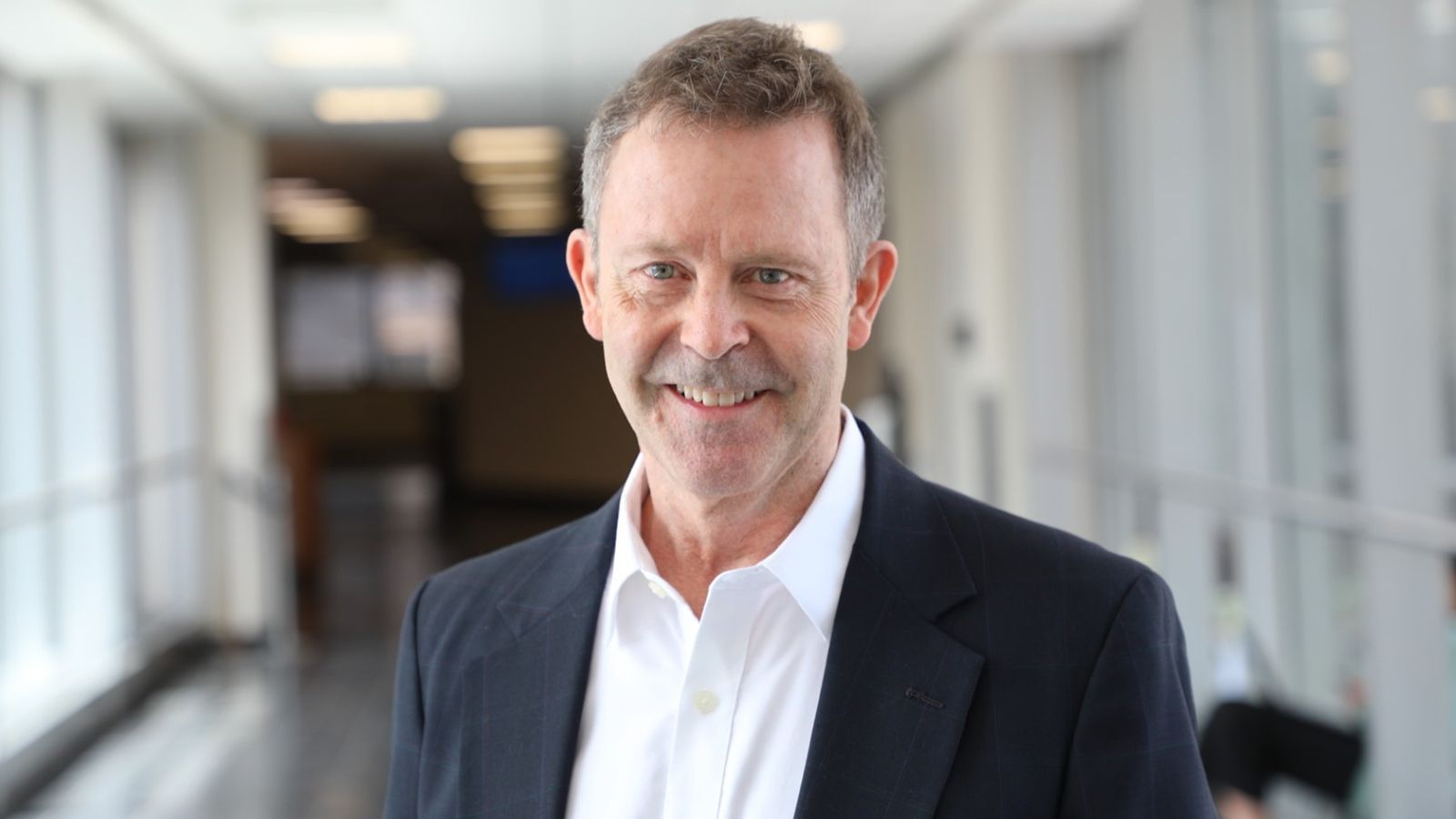Since Stephen Lassonde arrived in 2016 as director of Hunter College’s Office of Prestigious Scholarships & Fellowships, the number of students earning such awards has risen steadily.
Lassonde’s methods have yielded astonishing success. The number of Hunter students winning a nationally competitive fellowship has risen by 133% over the previous eight years. Our students have won almost every major nationally competitive fellowship and have had several “firsts”: Rhodes, Marshall, Gates-Cambridge, NIH-OxCam MD-PhD fellowship, and Schwarzman, Gaither, and Damon Runyon scholarships.
How do Hunter’s diverse, low-income students, many of them from immigrant backgrounds, compete with well-heeled Ivy Leaguers for such prizes?
Lassonde has detailed his approach in a new book, Helping Your Students Write Personal Statements: Framing the Narrative for Fellowships and Other Opportunities (Routledge).
In a glowing profile in Inside Higher Ed, Steven Mintz called the volume “an exceedingly valuable handbook for helping undergraduates frame the well-executed personal narratives that are central to any successful scholarship application.”
Mintz also lauded the book as “an essential guide to mentoring students who do not come from privileged backgrounds” that functions “as much a sociological and psychological document as a book of advice.”
For Lassonde, who came to Hunter after stints at Yale, Brown, and Harvard, getting students prestigious scholarships is less about his “special sauce” than it is about catalyzing the applicant’s potential. It’s a developmental approach: He pushes them to think deeply about their life experiences, working and reworking their essays to sharpen their unique viewpoints and show how they will contribute to society.
“The personal statement is the part of the fellowship application that has the power to transform a strong application into a truly memorable one,” he said. “Throngs of applicants have equally impressive resumes, so what an applicant says about themselves and how they say it, can make the difference between being a contender and a winner.”
He sees more than 700 students a year in individual appointments, working closely with about 120 students a year on multiple fellowship applications and reviewing multiple drafts of each application.
“I take a ‘developmental’ approach to fellowship advising, emphasizing the significance of the kind of personal, professional, and intellectual growth students can achieve in the process of applying for fellowships,” Lassonde said. “This is because, whether they are fortunate to win a fellowship or not, they will understand themselves and their goals better, be able to articulate a sense of purpose, and make more likely the chance that they will succeed the next time they apply for a fellowship, graduate school, internship, or job.”
For Lassonde, mentoring students is its own reward.
“I have the pleasure of working with students who only want to get better, to improve themselves, to learn how to grow and flourish,” he said. “Though they often suffer from self-doubt, they’re not worried about the privileges other students enjoy — only what they can control and the ways in which they can distinguish themselves.”
“What I love most about my job is never knowing who is going to walk through my office door to talk about scholarships,” he continued. “Even though they are just 20 years old, many of our students already have a lifetime of experience dealing with complicated family and political situations, jobs, and other responsibilities on top of very demanding academic schedules. I have the pleasure of helping them understand their potential and preparing them to secure life-changing opportunities.”


